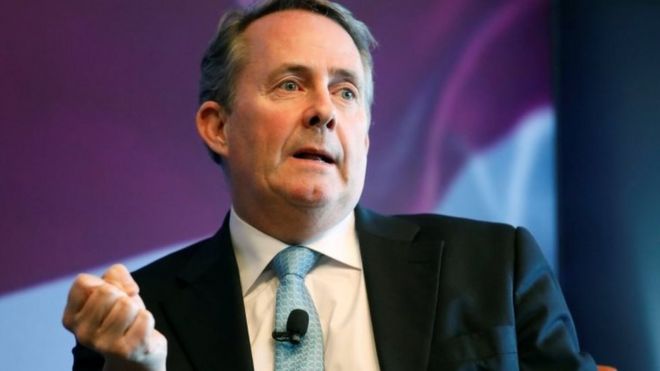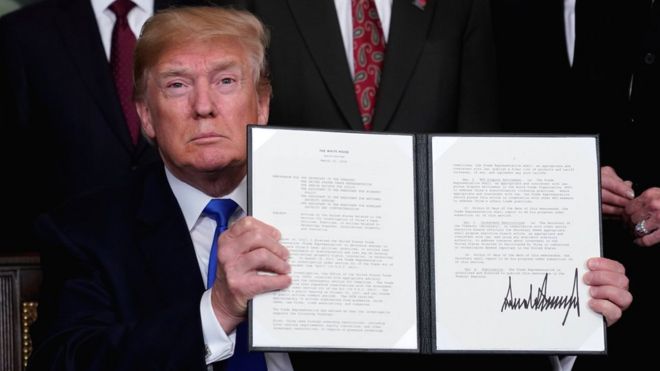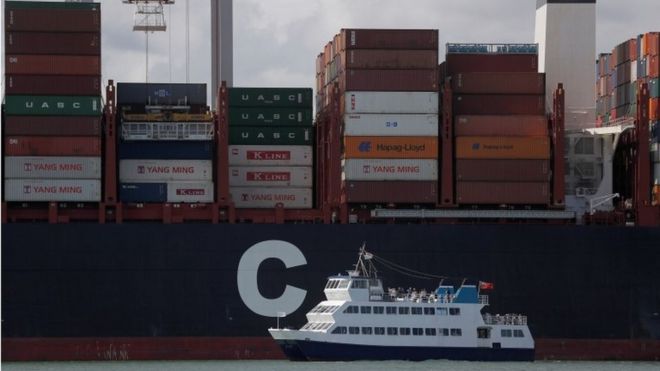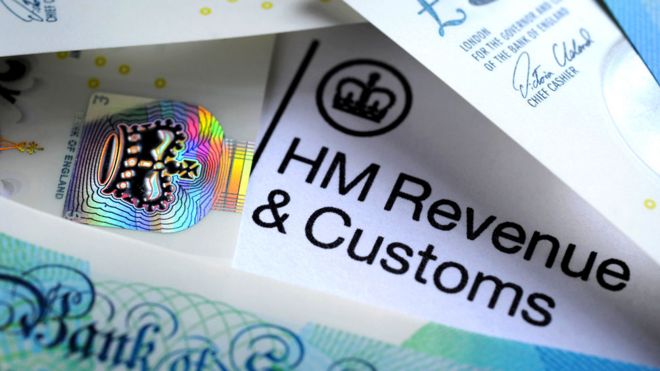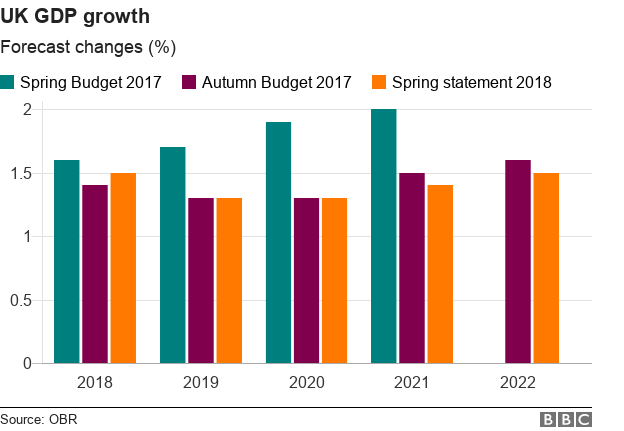MOSCOW (Reuters) - Moscow has told Britain it must cut just over 50 more of its diplomatic and technical staff in Russia in a worsening standoff over the poisoning of a Russian former spy and his daughter in England, the Russian Foreign Ministry said on Saturday.
Separately, Moscow also demanded an official explanation for the search of a Russian passenger plane in London, saying it could reserve the right to act similarly against British airlines in Russia. Britain said the search was routine.
More than 100 Russian diplomats have been expelled by various countries, including 23 from Britain itself, to punish the Kremlin over the March 4 attack on Sergei Skripal and his daughter Yulia in the historic English city of Salisbury.
London says Moscow was responsible for poisoning the Skripals in the first known use of a military-grade nerve agent on European soil since World War Two. Russia flatly denies that and has cast the allegations as part of an elaborate Western plot to sabotage East-West relations and isolate Moscow.
Russia had already retaliated in kind by ejecting 23 British diplomats. On Friday, the Foreign Ministry summoned British Ambassador Laurie Bristow and told him London had one month to further cut its diplomatic contingent in Russia to the same size as the Russian mission in Britain. It also expelled 59 diplomats from 23 other countries for backing Britain.
A spokeswoman for Britain’s Foreign Office called the Russian move regrettable, and said it was considering the implications of the measures. It did not say how many diplomatic staff in Russia would be affected, while the British Embassy in Moscow says it does not make staff numbers public.
Russian Foreign Ministry spokeswoman Maria Zakharova told Reuters the demand meant Britain would have to cut “a little over 50” more of its diplomatic and technical staff in Russia on top of the 23 diplomats who have already gone home.
“We asked for parity. The Brits have 50 diplomats more than the Russians,” Zakharova said on Saturday.
Asked if that meant London would now have to cut exactly 50 diplomatic and technical staff, she said: “A little over 50.”
The Russian Foreign Ministry later published a list of 14 questions its London embassy sent Britain’s Foreign Office about the case on Saturday. It included queries about why Russia had not been granted the right to provide the Skripals with consular assistance following the incident and about France’s role in the investigation.
Russia’s Ministry of Transport meanwhile demanded Britain explain why the Aeroflot (AFLT.MM) passenger plane was searched at Heathrow airport on Friday, in what the Russian Embassy in London called a “blatant provocation”.
“After the search was over, the British officers refused to provide any written document that would specify the reasons for their actions, their legal foundation and their outcome,” the embassy said, concluding that the action was “connected with the hostile policy” of the British government towards Russia.
Britain disagreed.
“It is routine for (Britain’s border agency) to search aircraft to protect the UK from organized crime and from those who attempt to bring harmful substances like drugs or firearms into the country,” Security Minister Ben Wallace said in a written statement.
“Once these checks were carried out, the plane was allowed to carry on with its onward journey.”
Britain’s Foreign Office also said on Saturday it was considering allowing visits under consular access terms to Yulia Skripal, who is recovering in hospital against all expectations and is no longer in critical condition.
Russia’s embassy said that it had contacted Viktoria Skripal, Yulia’s cousin. “Upon receiving confirmation that Yulia Skripal’s condition is getting better and she is able to communicate, she said she would like to go to London and to visit her cousin,” the embassy said.
The BBC reported on Friday that Yulia was “conscious and talking,” a factor which may influence the investigation of how she and her father were poisoned.
Britain must decide how to make the cuts to its Russian diplomatic team and may be forced to lay off some Russian support staff as well as sending home fully-fledged diplomats.
Russia ordered the closure of another British consulate, in St Petersburg, earlier this month in its first retaliatory step.
The poisoning on British territory has united much of the West in taking action against what it regards as the hostile policies of President Vladimir Putin. This includes the United States under President Donald Trump, who Putin had hoped would improve ties.
Additional reporting by Elisabeth O'Leary in Edinburgh and Gabrielle Tétrault-Farber in Moscow; Editing by Catherine Evans and Stephen Powell
Our Standards:The Thomson Reuters Trust Principles
